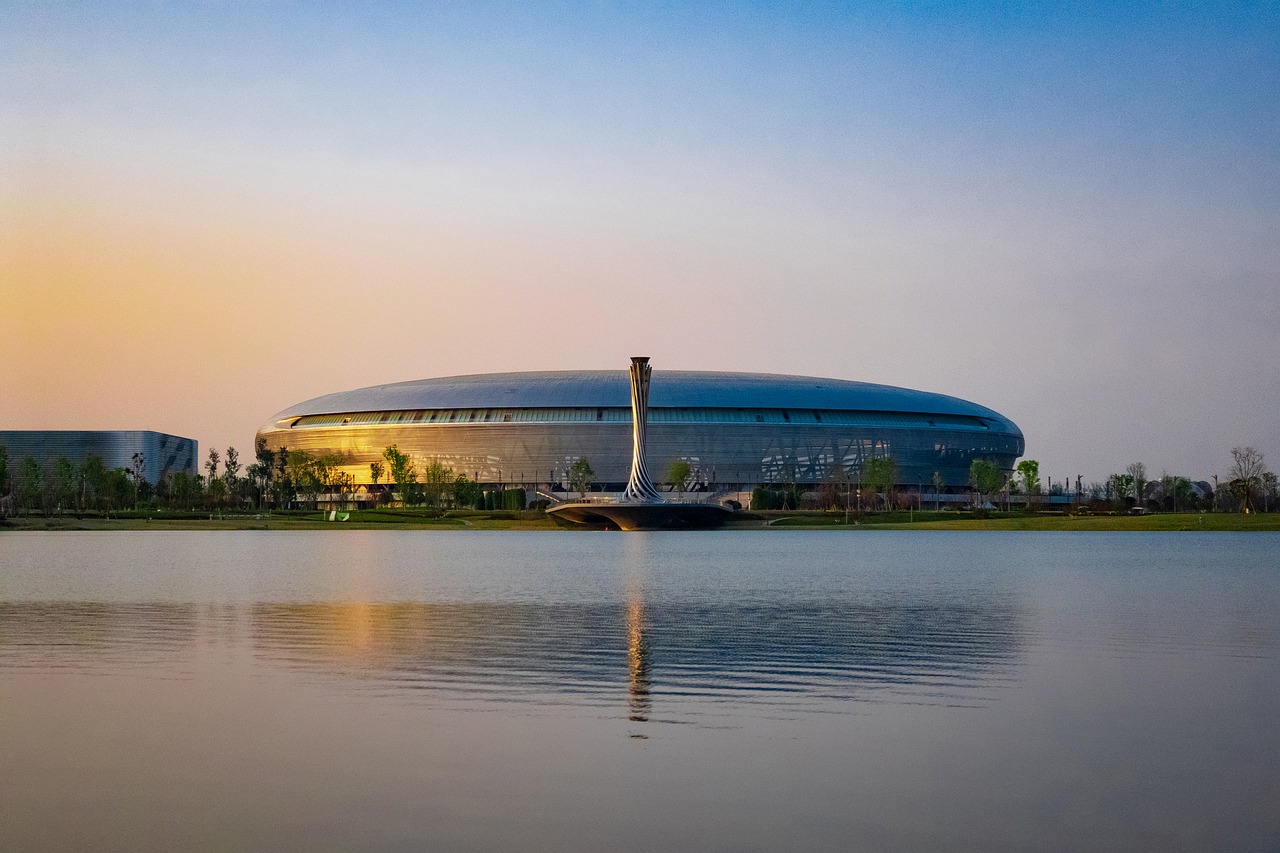IPL’s Influence on Cricket Stadium Socially Responsible Procurement Policies for Fair Trade
The Indian Premier League (IPL) has undoubtedly revolutionized the landscape of cricket stadiums across the country. With its high-octane matches and star-studded line-ups, the IPL has significantly boosted the demand for state-of-the-art facilities and infrastructure within these venues. The need to accommodate the ever-growing fan base has led to the renovation and modernization of existing stadiums, along with the construction of new, more spacious ones.
Additionally, the IPL has brought about a surge in the number of matches played in the stadiums, resulting in increased revenue for the hosting cities. From ticket sales to merchandise, food, and beverage offerings, the economic impact of the IPL on cricket stadiums cannot be underestimated. This financial injection has not only benefited the stadiums themselves but has also contributed to the overall development and growth of the surrounding areas, making them bustling hubs of activity during the IPL season.
Understanding Social Responsibility in Procurement
In today’s global economy, the concept of social responsibility in procurement has gained significant attention and importance. Companies are increasingly realizing the impact of their procurement practices on society and the environment. It is crucial for organizations to consider not only the cost and quality of products or services but also the ethical and social implications of their purchasing decisions.
By incorporating social responsibility into their procurement processes, businesses can contribute to positive social and environmental changes. This can include supporting local communities, promoting fair labor practices, and minimizing their carbon footprint. Companies that prioritize social responsibility in procurement are not only fulfilling their ethical obligations but also enhancing their reputation and building stronger relationships with stakeholders.
• Supporting local communities
• Promoting fair labor practices
• Minimizing carbon footprint
In addition to the ethical benefits, integrating social responsibility into procurement can also lead to long-term cost savings and operational efficiencies. By working with suppliers who adhere to sustainable practices, companies can reduce risks related to supply chain disruptions and improve overall business performance. Furthermore, implementing socially responsible procurement strategies can help organizations comply with regulations and meet the expectations of consumers who are increasingly conscious of corporate social responsibility efforts.
Overall, understanding social responsibility in procurement is essential for businesses looking to create a positive impact on society while achieving their financial goals. By prioritizing ethical considerations in purchasing decisions, companies can not only contribute to a more sustainable future but also differentiate themselves in the marketplace and attract socially-conscious customers. Embracing social responsibility in procurement is no longer just a trend – it has become a fundamental aspect of successful business operations in today’s interconnected world.
• Long-term cost savings
• Operational efficiencies
• Compliance with regulations
• Meeting consumer expectations
The Importance of Fair Trade Policies in Sports
Fair trade policies play a crucial role in ensuring equitable practices within the realm of sports. By implementing fair trade policies, sports organizations can uphold transparency in their supply chains and promote ethical standards across the board. This not only benefits the athletes and stakeholders involved but also fosters a sense of integrity and trust within the sporting community.
Moreover, fair trade policies in sports serve as a powerful tool in championing social responsibility and sustainability. By adhering to fair trade practices, sports organizations can support the well-being of workers involved in the production of sporting goods and equipment. Additionally, these policies can contribute to environmental conservation efforts, encouraging eco-friendly practices in the sports industry. By prioritizing fair trade, sports can become a driving force for positive change on a global scale.
What is the impact of IPL on cricket stadiums?
The IPL has brought a significant increase in the revenue generated by cricket stadiums due to the high attendance rates during the matches.
How can social responsibility in procurement be understood?
Social responsibility in procurement involves ensuring fair wages and working conditions for workers involved in the manufacturing of sports equipment and merchandise.
Why are fair trade policies important in sports?
Fair trade policies help to ensure that all individuals involved in the sports industry, from athletes to workers in manufacturing facilities, are treated ethically and fairly.







